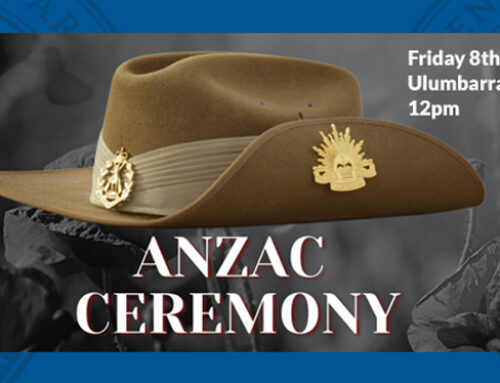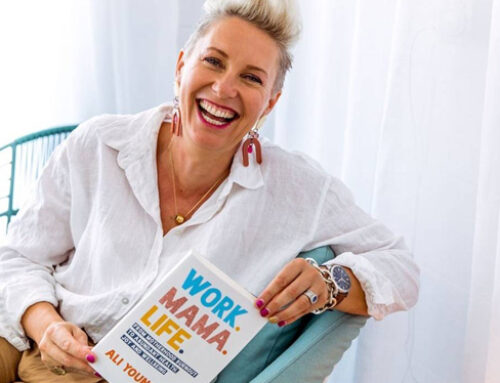For many years Dorothy Selina Hocking cut rather a dash about town.
As the proprietress of Selina’s Salon she would never dream of being seen in public without being dressed to the nines and her hair coiffured.
Dorothy’s husband, Arthur Hocking, was a World War II hero. With his clipped moustache and straight back, Arthur was to retain the composure of a military man.
He escaped the Japanese in New Guinea after the fall of Rabaul in 1942 and with a handful of other members of the 2/22 Division of the Infantry Battalion took refuge in the jungle where their new enemy was starvation, dysentery, tropical ulcers and malaria.
Dorothy and Arthur had no children but any sense of loss was easily filled by the love they had for each other.
They lived for many years in King Street and each morning walked hand-in-hand to work. Dorothy to her salon, where she worked for 33 years, and Arthur to his business, Arthur Hocking Printers in Mitchell Street.
After Arthur died from prostate cancer in 1995, Legacy secretary John Lennon was appointed to care for Dorothy’s welfare.
“Dorothy and Arthur were always very close, she worshipped him and nursed him at home,” he said.
“When he died, she didn’t want anyone else to know. She was a private woman.”
Mr Lennon speculated that Dorothy wanted a private funeral because she wanted Arthur for herself.
“I don’t think she wanted to share him with anyone,” Mr Lennon said.
“When Arthur died we were disappointed to find out that Dorothy didn’t qualify for a war widow’s pension.
“She was on a service pension instead which was equivalent to the old age pension.
“Dorothy wasn’t concerned about the money, the income wasn’t relevant.
“She was concerned that Arthur didn’t receive the recognition he deserved for his service.
“She felt the lack of the widow’s pension was demeaning to his status as a serviceman.”
According to Mr Lennon, Arthur Hocking’s widow would have qualified for a war widow’s pension under the conditions that are prevalent today.
“Arthur’s service, the months spent living in deprivation in the jungle would have obviously impacted on his health,” Mr Lennon said.
“We went to the review board and appealed the decision at the time but didn’t have any success.”
As the years went by Dorothy’s love for Arthur never waned and she never forgot that her husband’s reputation had been diminished by the Department of Veteran Affairs’s decision.
Arthur’s war time experience makes for a Boy’s Own Adventure read. He kept a diary of his experiences which read in part: “Hard and difficult as it was on the off tracks, we considered it better to take the risk than face an enforced holiday with the Japanese as masters.”
Arthur’s call was right.
At least 800 prisoners of war lost their lives on July 1, 1942, when the ship on which they were being transported from Rabaul to Japan, the Montevideo Maru, was sunk off the north coast of Luzon by the US submarine USS Sturgeon.
As Dorothy’s health gradually deteriorated Mr Lennon’s visits to her
increased.
Dorothy tried to maintain her independence for as long as possible.
“One time I found her on the floor in a pitiful state,” Mr Lennon said.
“She asked me to go away and leave her there. She wanted to die.
“She said ‘all I want to do is be with Arthur’.” Dorothy died in care in November 2014.
Nearly 20 years after her husband’s death, Dorothy reached out to him once more.
“Dorothy wanted Arthur’s name to be remembered, so she left a bequest to the Bendigo RSL,” Mr Lennon said.
The bequest of $120,800 is for the refurbishment of the redeveloped Soldiers Memorial Institute to ensure that her darling Arthur is well remembered.
Dianne Dempsey – Bendigo Weekly
